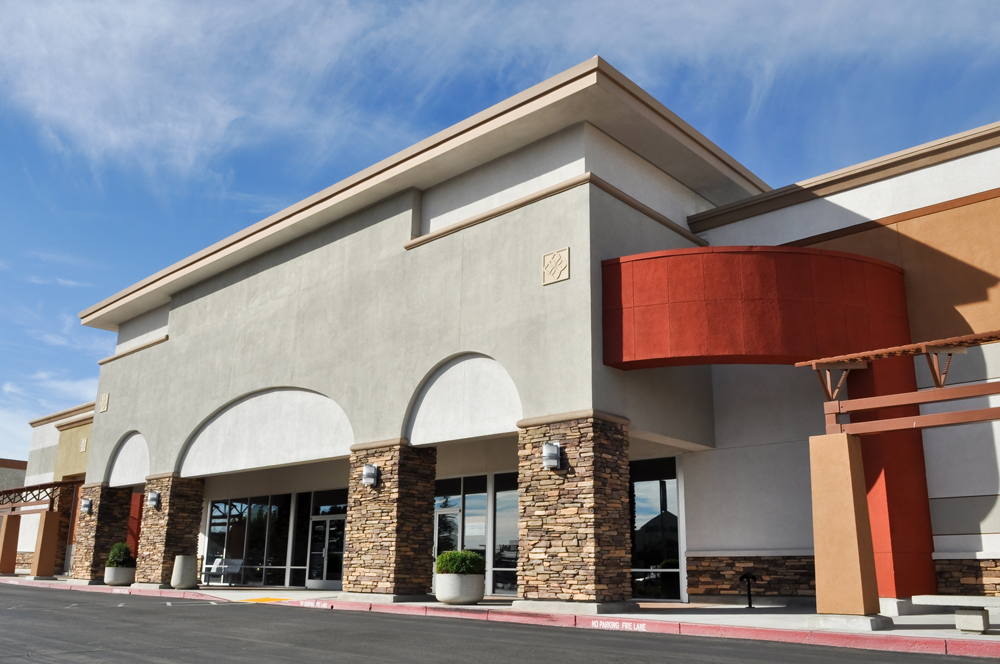Why concrete cracks

Concrete is a heavily used material in building and with good reason. It’s cost-effective, generally easy to use, and can be used in a variety of applications. But over time, it’s going to crack.
Look at concrete buildings, streets, sidewalks, or driveways. You’re almost always going to see some cracks in concrete. Sometimes cracks even appear in almost brand new concrete. But why does it happen?
Here are a few of the reasons concrete cracks.
Shrinkage
Concrete is a mix of water, cement, and aggregate, and the ratios of those elements are important for durable concrete. Sometimes concrete is mixed with too much water, either by contractors who don’t know any better or contractors who want to make it easier to work with.
Concrete dries as the water in the mix evaporates, and it shrinks as it dries. A higher amount of water in the mix means the concrete will shrink more. As it shrinks, cracks can occur. If you see cracks in nearly new concrete, it’s likely due to incorrect ratios when the concrete was poured.
Settling
When pouring concrete for sidewalks or other outdoor structures, the surface underneath the concrete is important, too. If the soil isn’t properly compacted, the wrong kind of soil is used, or water erosion occurs over time, you end up with cracks due to the ground settling. Cracks from tree roots growing under a sidewalk fall into this mix as well.
Improper conditions
Concrete doesn’t really like cold. It doesn’t really like extreme heat either, and it’s a bit picky about humidity as well. It’s important to pour concrete in the right conditions or cracks can occur. Pouring concrete in the winter generally leads to more cracking because it’s going on top of frozen ground that can’t be properly compacted. While delays in your construction project are never ideal, it’s better to wait for the right conditions for pouring concrete if you want to avoid cracks.
Too much weight
Concrete, like any other material, is designed to support a certain load. Driving surfaces made of concrete are designed to take the load of cars and trucks, but sidewalks aren’t. If you continually drive over a sidewalk, it’s eventually going to crack.
While cracks are inevitable with most concrete, they can get to the point of being a hazard, especially on commercial properties. If you need help repairing or replacing concrete surfaces, contact JK Industries today.
